QuestionHello there,
I have two angel fish and this evening have noticed that one has laid eggs onto the filter of the tank and the second fish is rubbing the lower part of its body against them. They also have both a small penis shapes coming from the bottom of their body, which i have never noticed before that seems to be ommitting some kind of substance but what i have no idea.
I have other fish in the tank with them, but as both angel fish are becoming extremely protective and terratorial, the other fish are staying at the opposite end of the tank.
My questions are: should i remove either the angel fish and eggs or the other fish to a seperate tank to ensure the safety of all?
Also, how likely is it for the eggs to survive?, (there are about one hundred at a guess!) and how long until they hatch, or whatever it is they do?
Sorry to seem like a no brainer about the situation!
Many thanks,
Ally
AnswerHi Ally,
The female has an ovipositor which is a short blunt tube which becomes more obvious when she is laying eggs and for a few days after. The male has a similar structure, though it is usually a little more pointy, called a genital papillae. The sperm comes out of there.
The eggs will hatch in two to three days.
If you can, you might consider moving the other fish out of the tank. If you can't do that, consider adding more structure (plants, wood, rock) to divide the space somewhat. That will allow the angelfish to "own" one end of the tank to raise their babies.
Will they survive? Hard to say. Many times with young pairs of angels things don't work out the first few times -- they need to practice a bit to get it right, but you never know and it is the best part of fish keeping to watch cichlids do their parental care thing. If it doesn't work out this time, they will likely try again in a few weeks.
-- Ron
rcoleman@cichlidresearch.com
Cichlid Research Home Page <http://cichlidresearch.com>

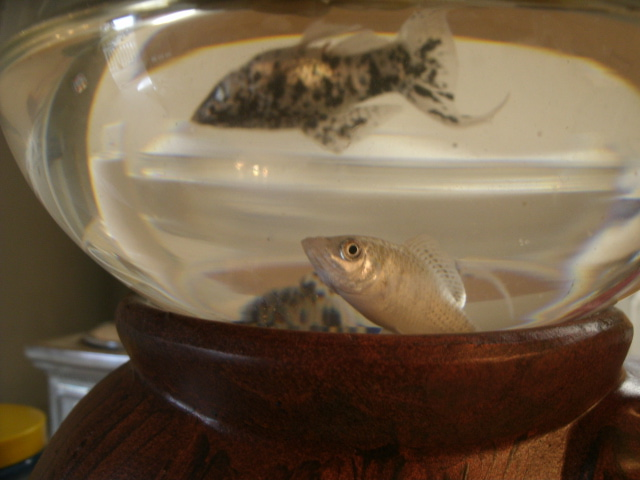 New fish; first time fish owner; Molly fish; tanks
Question
Fish Actual Tank
Hi. My roommate
New fish; first time fish owner; Molly fish; tanks
Question
Fish Actual Tank
Hi. My roommate
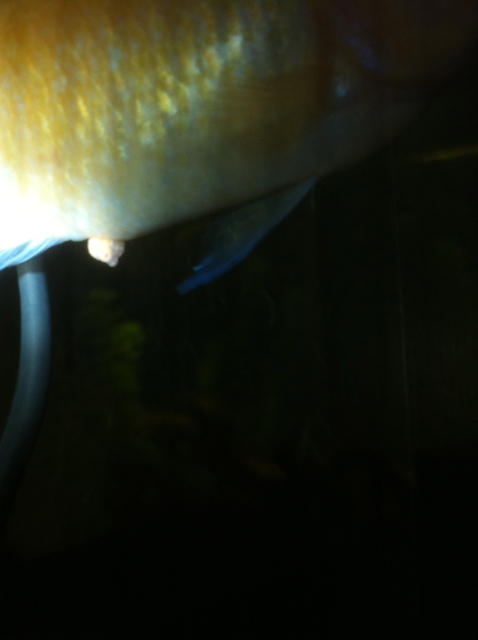 African Cichlid with swollen anus
Question
Red Zebra
I have what I believe is a Maylandia
African Cichlid with swollen anus
Question
Red Zebra
I have what I believe is a Maylandia
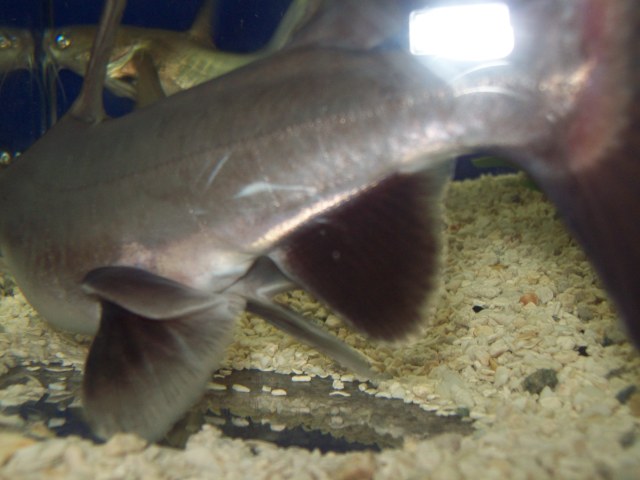 Columbian Sharks
QuestionQUESTION: I have three Columbian Sharks in my 1
Columbian Sharks
QuestionQUESTION: I have three Columbian Sharks in my 1
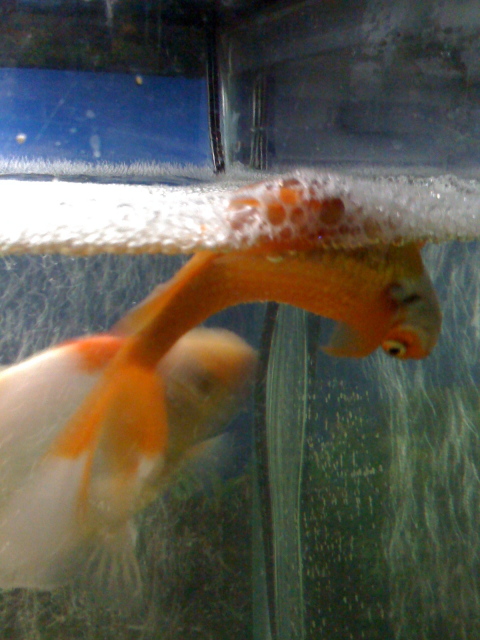 Goldfish in rough shape!
QuestionTrooper not well!
QUESTION: Hi thank you
Goldfish in rough shape!
QuestionTrooper not well!
QUESTION: Hi thank you
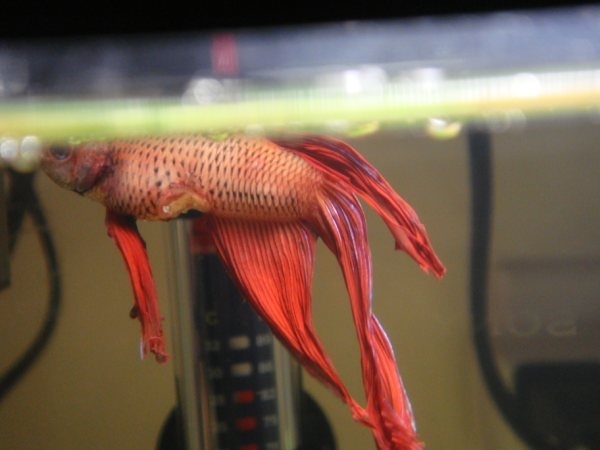 Betta with open wound
Question
Betta wound
Ive had my red betta (Ronin) for t
Betta with open wound
Question
Betta wound
Ive had my red betta (Ronin) for t